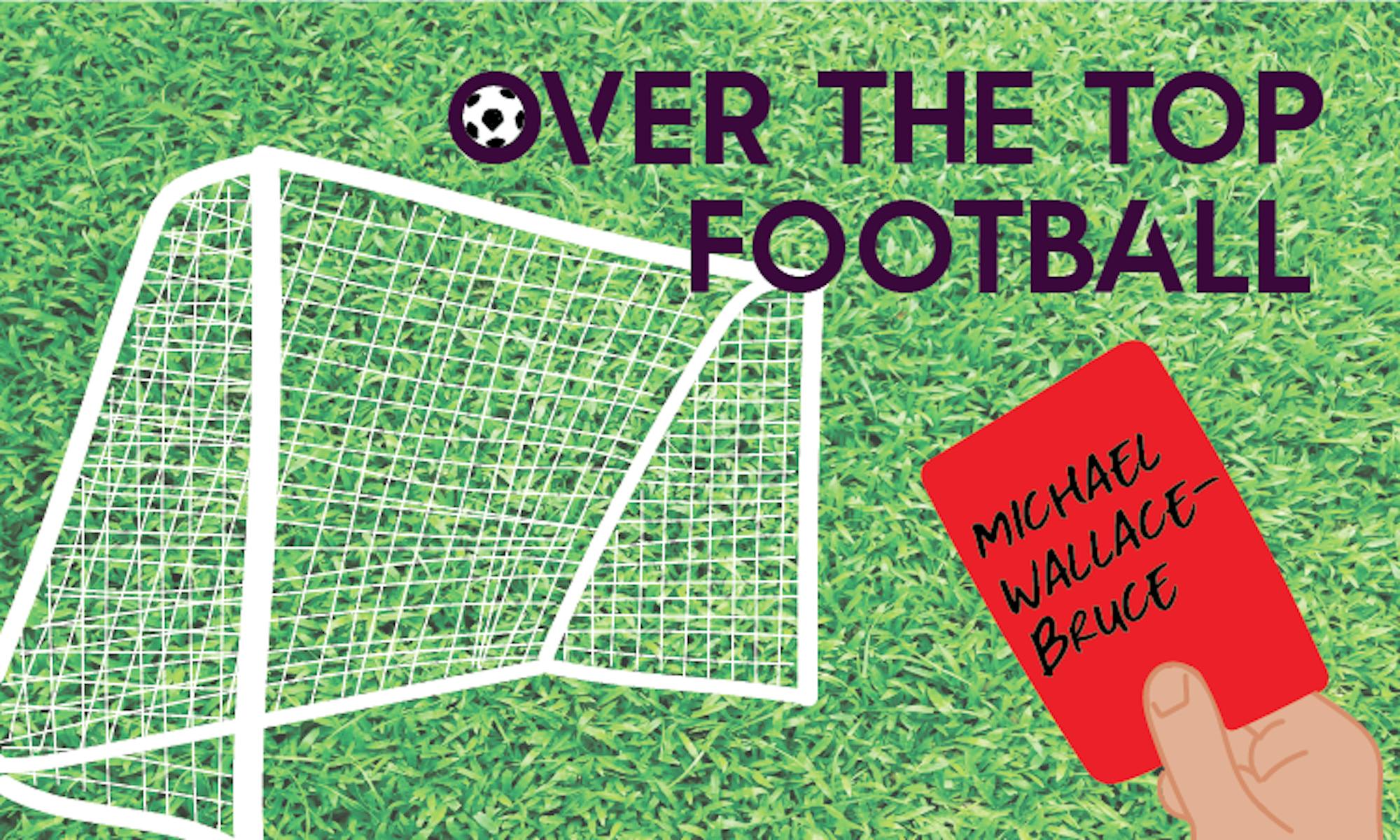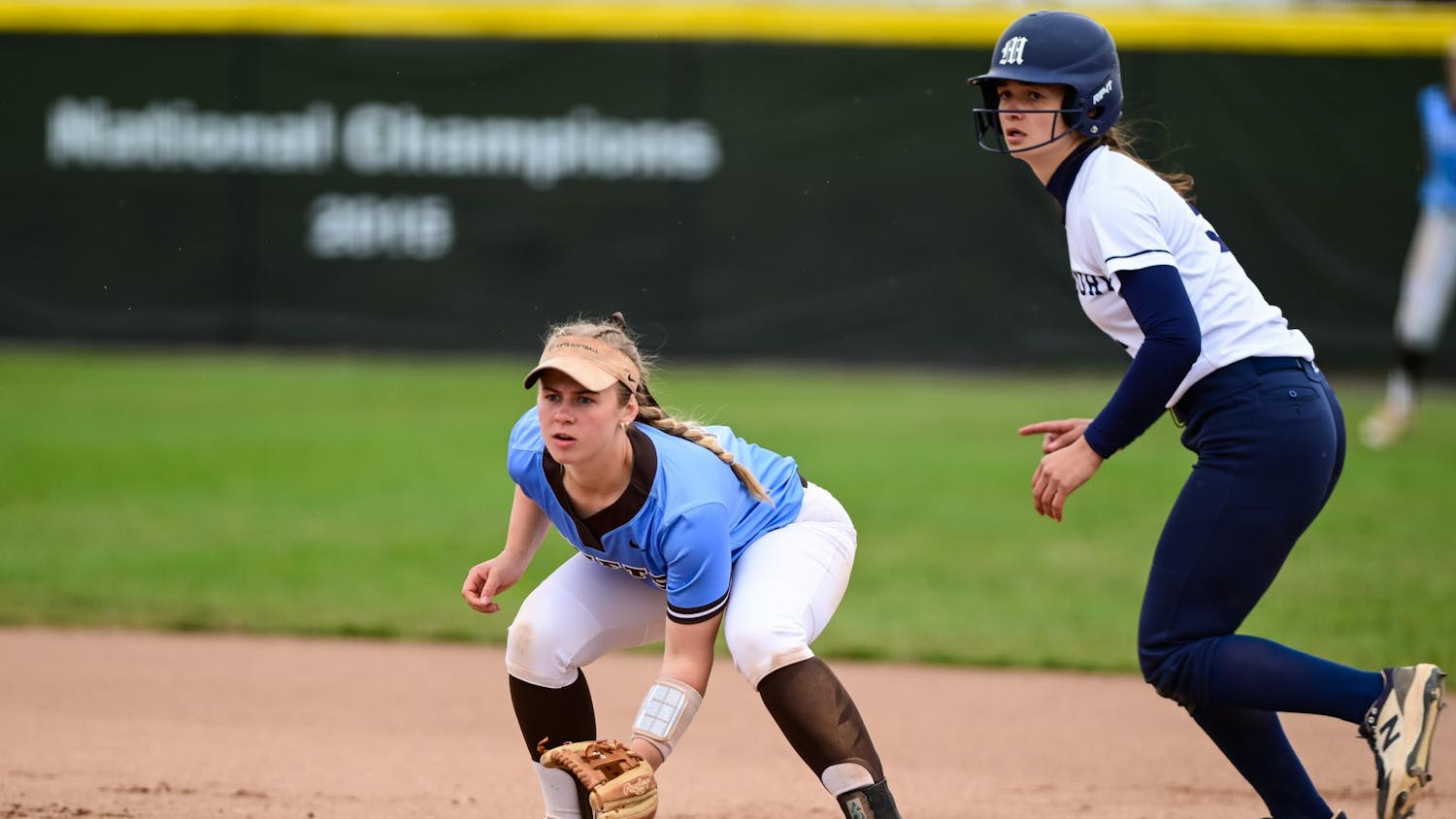While the game is played with a ball on a field and two goal posts, soccer transcends the events within the pitch. Following Russia's invasion of Ukraine, the demand for peace throughout Europe's top five leagues illustrated the binding effect of soccer. In the Premier League, fans and players stood behind banners calling for anti-war. Manchester City and Everton donned Ukrainian flags to show solidarity.
Alongside the gestures on the field, UEFA has moved the Champions League Final from St. Petersburg to Paris. Furthermore, FIFA announced that it would suspend Russia from participating in the World Cup and other international soccer games. Also, within the British parliament there is an ongoing discussion to sanction Chelsea's owner, Roman Abramovich. Although there have been no definite decisions regarding Abramovich's status, the possibility of changes within Chelsea shows soccer's interconnectedness and coercive nature to vouch for change.
The reaction within the soccer world to the events in Ukraine reminds me of the response to George Floyd's death, for which the Premier League issued the "No Room for Racism" campaign. As the acts of yelling racist epithets and throwing bananas at players are recurrent issues within the game, the Premier League bulleted several actions plans to promote equality and inclusion in the managerial roles and educate fans on racism within society. On the pitch, the action plan saw teams wearing Black Lives Matter shirts when the league re-opened after its COVID-19 hiatus. In addition, it prompted players to kneel before games — an act that still continues today.
But has the action plan been impactful? Has it brought about the changes it vowed to create? While looking at other top European leagues, the Premier League's action plan is the most effort taken by a league to curb racism. It has successfully perpetuated the truthful notion that racism exists within soccer and society. Yet, as racism cannot be immediately reduced with advertisements or an act of kneeling, players continue to face online abuse and racial epithets. According to Crystal Palace's striker, Wilfried Zaha, the campaign has failed to bring about consistent changes, and it "is becoming something that [players] just do now." Furthermore, Zaha has refused to kneel before and cites that the impact of kneeling is diminishing and that other actions must be taken to eradicate racism from the game.
There is some truth within Zaha's verdict. Kneeling can seem like a performative act rather than an initiative to cause change since players only seem to be going through the motions. However, the act is a constant reminder that racism exists within society and in soccer. While the Premier League should take more action to include Black coaches within the sport, acts such as kneeling or wearing Black Lives Matter shirts solidify the league's intent to fight against racial inequality and make the sports enjoyable for whomever would like to watch.
Returning to the crisis within Ukraine, seeing fans and players wishing for peace to prevail was a powerful sight. Aside from these acts, I hope that UEFA and the Premier League provide support to those fleeing Ukraine to fully illustrate their stance in solidarity with Ukraine and with peace.






